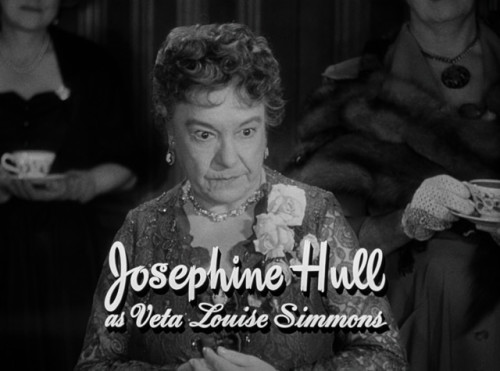
“You’ve got a lot to learn, Myrtle Mae, and I hope you never learn it.” These words, from 1950’s ‘Harvey,’ apply equally to sex and sanity. Harvey’s young women, Myrtle Mae and Nurse Kelly, are open and assertive about their sexual desires and frustrations. It is the older woman, Veta, who is inhibited. She flinches when a bosom jiggles and squirms when discussing sex. Society’s usual concept of sexual inhibition, as a natural innocence corrupted by experience, is flipped in Harvey: female sexuality is the natural innocence that experience disciplines into inhibition. Myrtle Mae and Nurse Kelly have a lot to learn, and we hope they never learn it.

Far more than a common trend in cartoons and superhero teams, the Smurfette Principle is an ingrained interpretative framework that limits female achievement to a model for male imitation, rather than an argument for female inclusion. In comedy, “Smurfette Syndrome” is a bias that asks whether individual women are “as funny as men,” rather than assessing women’s collective contribution as creators of comedy genres.
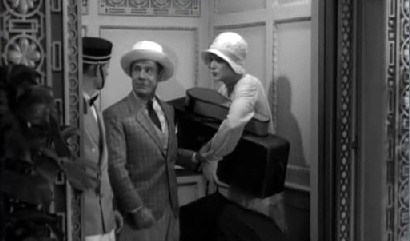
Jerry never leads with Joe or Sugar. This suggestion, that the character might be made more assertive and empowered by a female role, effectively challenges the patriarchal concept of femininity as necessarily submissive and disempowering; femininity in ‘Some Like It Hot’ is portrayed as empowering and liberating when it better expresses the individual’s natural impulses and identity.
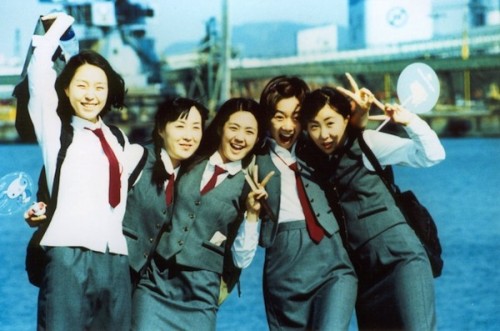
The film is about the evolving friendships of five young South Korean women as they step away from their technical high school into a less certain world. Their degrees of closeness shift as they consider their futures in the face of particular restrictions in work and life opportunities due to gender and class discrimination.
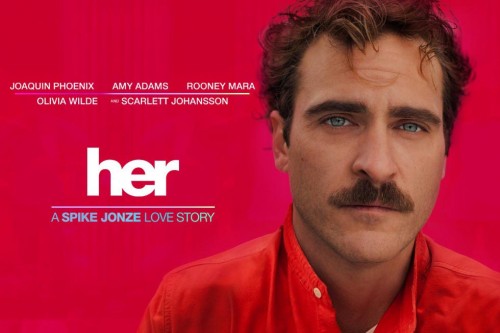
But, as a woman in the audience, my relationship to these types of characters, who are reliably, predictably, boringly male, is fraught. I relate to them, but only insofar as I must continually reinvest in the myth that men are the only people who are truly capable, truly deep enough, of having wrenching crises of the soul. Even though I know this to be false in reality—women experience alienation and existentialist ennui, too (I can’t believe I even just typed that)—I am deeply troubled that the experience of this sort of angst seems to be the exclusive province of men in our cultural imagination.
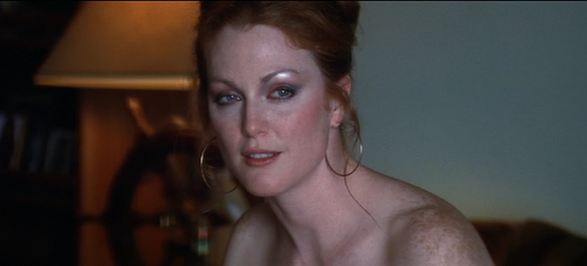
The vision of Eddie/Dirk’s home life at the beginning of the film shows us that no family is without its failures, and that true family and community bolsters individuals while forgiving and healing these flaws. The film is progressive in its inclusivity (of male, female, and queer characters), and specifically in its treatment of Amber as she constructs her own version of motherhood and family, for better or worse.
Check out all of the Women & Gender in Cult Films & B-Movies Theme Week posts here!

For this theme week at Bitch Flicks, we want to read about your favorite Cult Classics and B-Movies. These are usually our most popular theme weeks—people love any iteration of the horror genre, especially with a little comedy thrown in—so I won’t spend time defining Cult Films and B-Movies. You know what they are. Instead, I’ll leave you with lists of some of the most popular Cult Films and B-Movies, according to all those other lists out there.
# 50/50 5 Broken Cameras 500 Days of Summer 45 Years The 40-Year-Old Virgin 4 Months 3 Weeks and 2 Days 9 to 5 1971 101 Dalmations 127 Hours 10 Days in a Madhouse 10,000 km 3 1/2 Minutes, Ten Bullets 300: Rise of an Empire 12 Years a Slave 28 Days Later A Abuse … Continue reading “Film Directory”
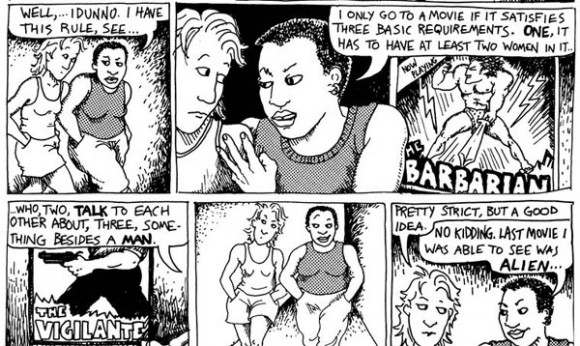
The original Bechdel Test This piece by Magda Knight originally appeared at Mookychick and is cross-posted with permission. A 1985 comic strip by US cartoonist Alison Bechdel, Dykes to Watch Out For, features a character who says they’d only go to see a movie on three conditions: The film has at least two named women … Continue reading “The Bechdel Test and Women in Movies”
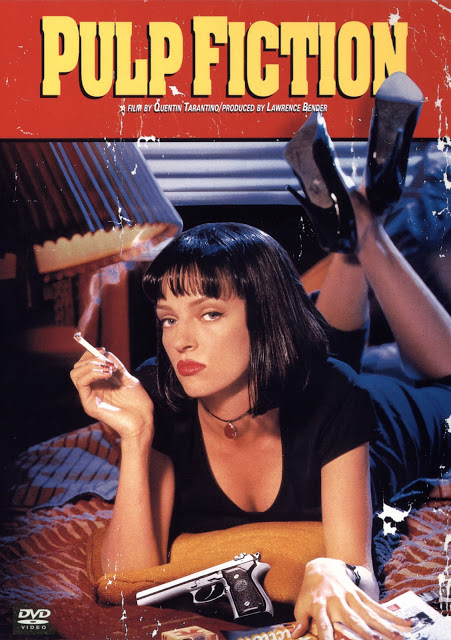
Written by Leigh Kolb.To celebrate the 20th anniversary of Quentin Tarantino’s major directorial debut, Reservoir Dogs (1992) and Pulp Fiction (1994) were shown in theaters on Dec. 4 and 6, respectively, as special engagements. While Reservoir Dogs solidified Tarantino’s spot in Hollywood, Pulp Fiction made him a star. It won the Palme d’Or at the Cannes Film Festival, … Continue reading “The Gender Situation in ‘Pulp Fiction’”
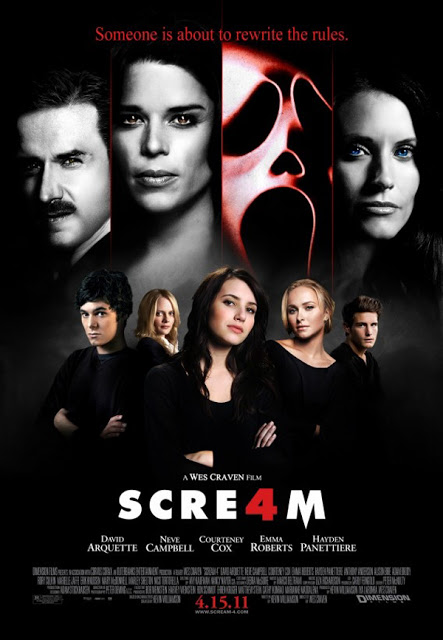
Guest post written by Jeremy Cornelius. Warning: massive spoilers ahead!! Wes Craven’s 1990s Scream trilogy completely rewrote the slasher genre in a postmodern meta-film. In March 2011, Scream 4 was released, ten years after Scream 3 was originally released, starring the original trio: Neve Campbell, David Arquette, and Courtney Cox-Arquette along with some new … Continue reading “Horror Week 2012: The Final Girl Gone Wild: Post-Feminist Whiteness in ‘Scream 4’”








